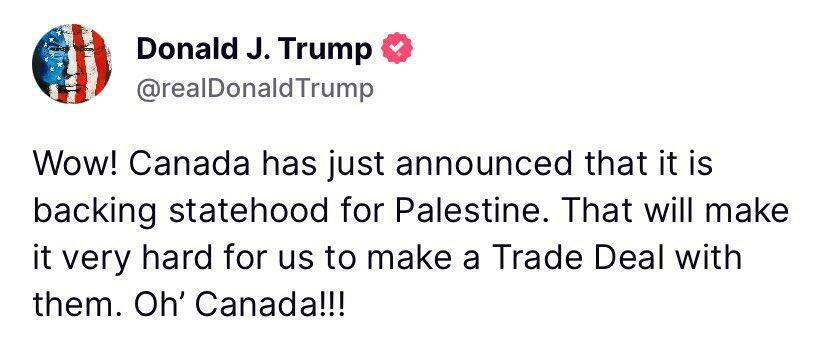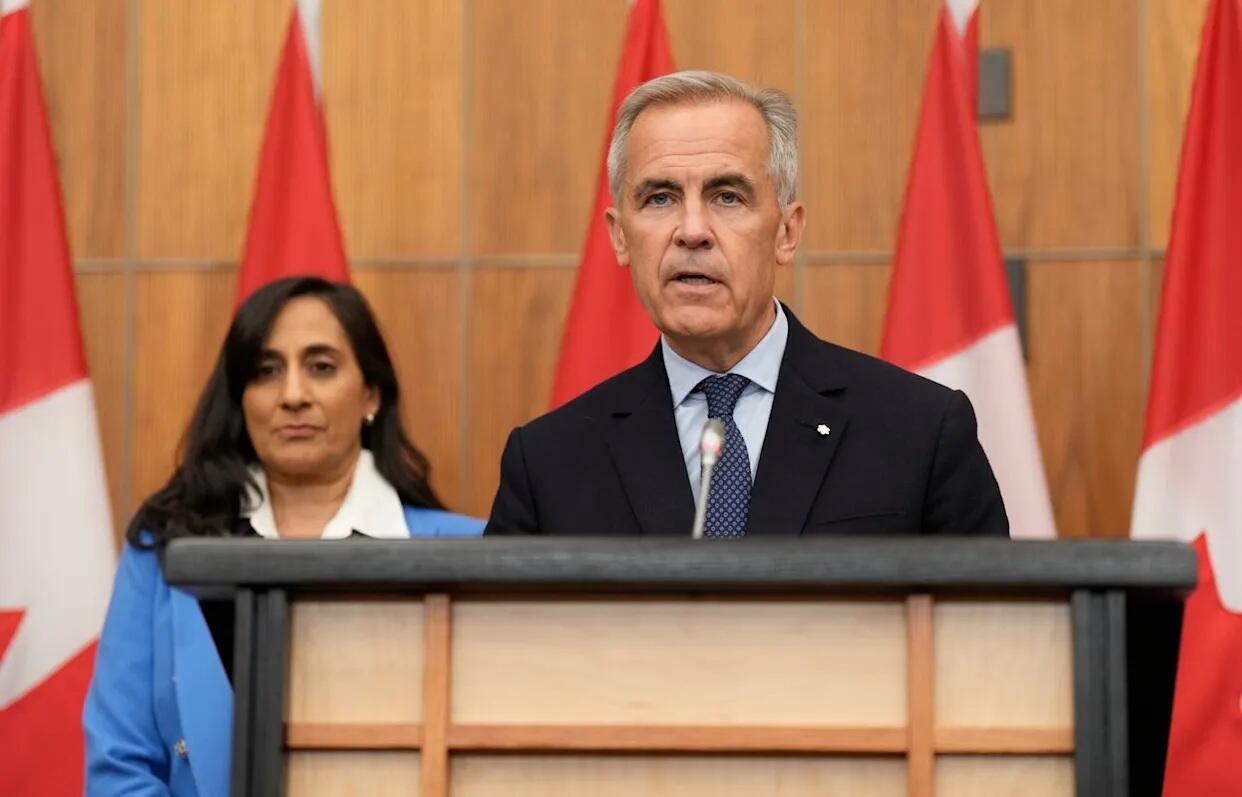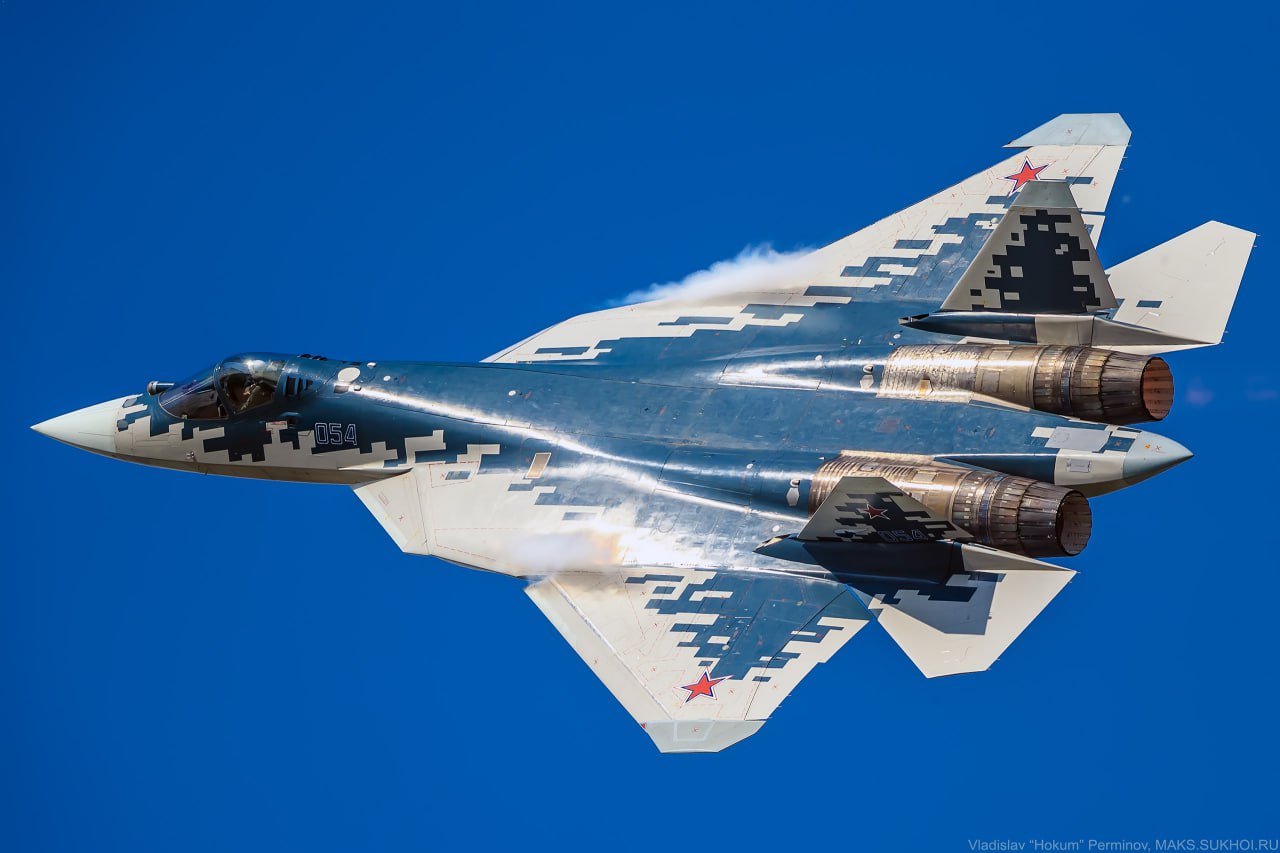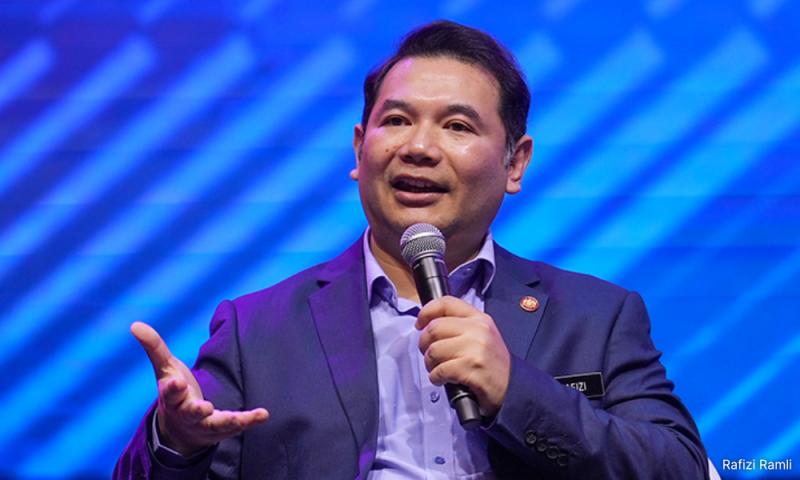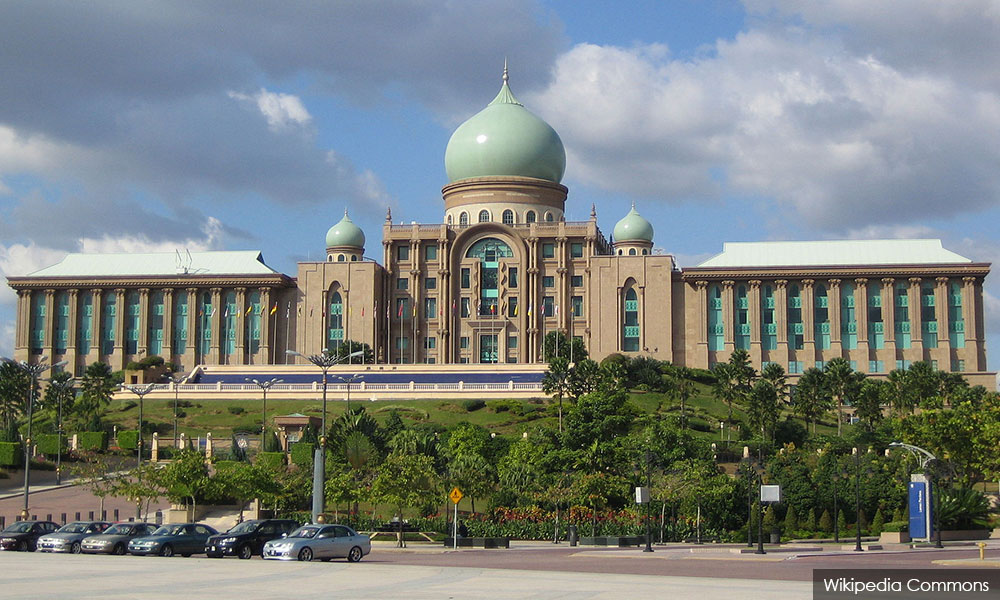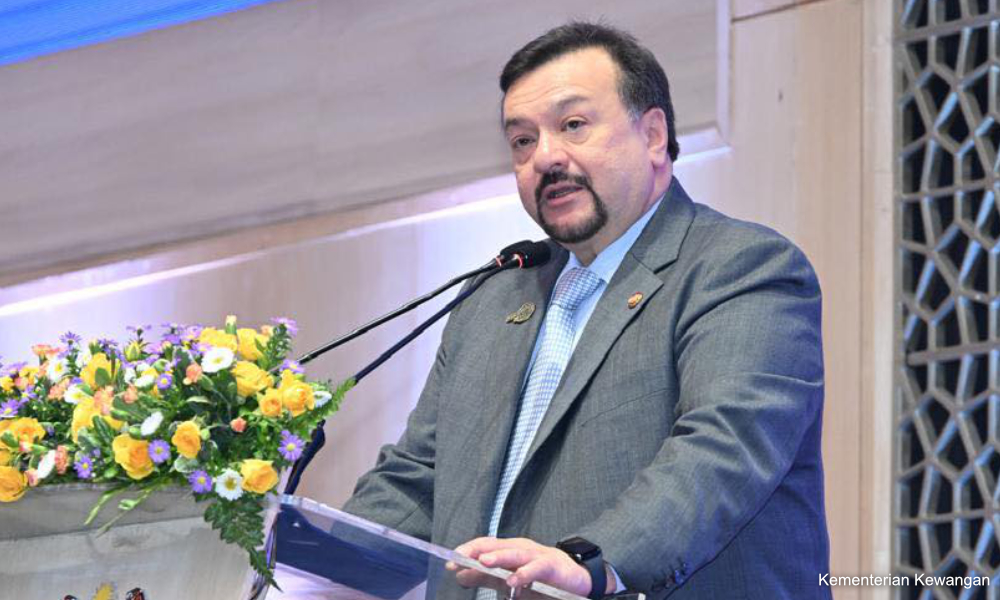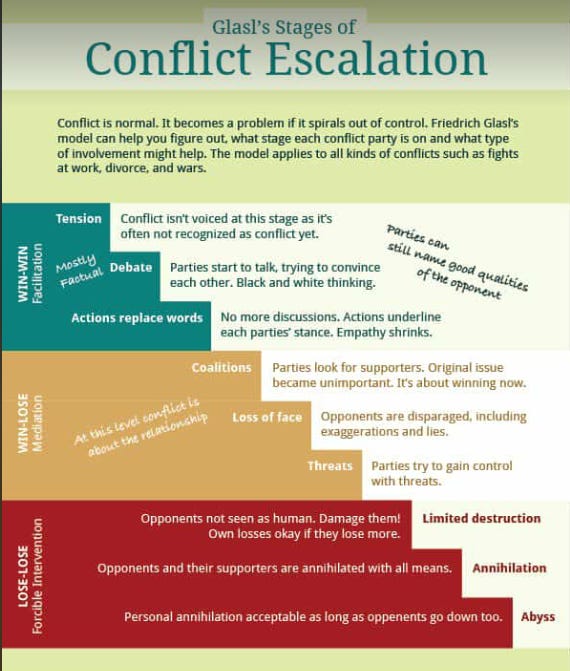Afternoon abduction of tycoon's wife shows Malaysia's dark side
By Tom Redmond, Niki Koswanage & Anders Melin / Bloomberg
31 Jul 2025, 10:07 am

Datin Seri Pamela Ling went missing on April 9.
SINGAPORE/KUALA LUMPUR (July 31): Datin Seri Pamela Ling had a lot on her mind as she headed down the highway connecting Kuala Lumpur with Malaysia’s administrative capital some 30 minutes away.
The 42-year-old was en route to the Malaysian Anti-Corruption Commission, known as the MACC, where investigators wanted to question her for at least the 10th time in a money-laundering probe. Two days earlier, on April 7, she had filed a lawsuit against the agency, accusing it of colluding with her estranged husband — a tycoon involved in everything from healthcare in Singapore to timber in Papua New Guinea — to pressure her into settling a messy divorce.
Sitting in the back seat, Ling checked the Grab ride-hailing app on her phone. She typed out a note to one of her lawyers on WhatsApp, saying she was about 10 minutes away and would arrive at 2.08pm.
Suddenly, three cars surrounded the vehicle and forced it to stop. Two men and a woman in what appeared to be police gear jumped out, told Ling to exit the vehicle and bundled her into one of their cars. They ordered the Grab driver to hand over his ID card, and then sped away.
The brazen kidnapping in broad daylight on one of Malaysia’s busiest roads — recounted here from court filings, press statements and local media reports citing a witness — left the nation stunned. It was the talk of the town for weeks after it happened, with details of the case dissected on evening news shows, social media threads and in conversations around Kuala Lumpur.
More than three months later, the most important questions remain unanswered. Ling still hasn’t turned up, her kidnappers have made no ransom demands and police haven’t announced a suspect or progress in the investigation. Her family, meanwhile, is growing increasingly frustrated with the MACC.
They want to know why the anti-graft agency suddenly moved up her appearance to April 9, the day she was kidnapped, after it was originally scheduled for the following day. In addition, it “doesn’t make any sense” that the MACC didn’t seek a warrant for her arrest after she went missing, according to Sangeet Kaur Deo, a lawyer representing Ling’s family.
“You have hunted her, you have watched her every step, you have refused to let her leave this country on the pretext of investigation — the day she disappears you go silent,” Sangeet said. “The change in the behaviour of the MACC, going from hunting her to not caring whether she is around, also needs to be explained.”
MACC officials have refused to answer some of the police’s questions around Ling’s case, hampering the investigation and the ability of law enforcement to generate leads, according to people familiar with the matter, who asked not to be identified because the information is private.
The MACC reports directly to Prime Minister Datuk Seri Anwar Ibrahim and is regarded as one of Malaysia’s most powerful enforcement agencies, with a broad remit to investigate both public officials and private individuals. Its officers are able to conduct arrests and freeze assets without needing to go through the police, which are overseen by the Ministry of Home Affairs.
An MACC spokesman didn’t respond to requests for comment.
“At every stage, the MACC has acted within the legal framework, including obtaining all necessary court orders and adhering to the established procedures,” the agency said in a statement on May 7. “Allegations of harassment or misconduct are unfounded.”
While Malaysia ranks higher than most other Southeast Asian countries in Transparency International’s Corruption Perceptions Index and has received plaudits for fostering a good investment climate, it also has a history of sensational disappearances.
As the news of Ling’s abduction broke and #PamelaLing trended on Facebook, Instagram and TikTok, many social media users criticised the MACC for not providing adequate protection to her as a witness in their investigations. Others pointed to enforced disappearances of human-rights activists and highlighted the case of Mongolian woman Altantuya Shaariibuu, who was taken to a forest outside the capital, shot twice in the head and blown up with military-grade explosives.
Two secret-service policemen, part of a bodyguard detail to then-defence minister Datuk Seri Najib Razak and other senior Malaysian leaders, were convicted of Altantuya’s murder. They both have said they were following orders. Najib, currently in prison over charges related to the multibillion dollar 1MDB fraud during his time as prime minister, has denied any involvement.
Ling’s disappearance has increased scrutiny of the MACC, whose chief — Tan Sri Azam Baki — has seen his term repeatedly extended by Anwar in a break from past precedent. Azam has dismissed criticism over his contract extensions and said he’s accustomed to public disapproval, while Anwar has called the MACC chief brave in taking on powerful interests.
To critics, Ling’s case underscores the need to check the agency’s power.
“Serious questions about the role MACC played need independent investigation, as the case calls into question the organisation,” said Bridget Welsh, honorary research associate with the University of Nottingham Asia Research Institute Malaysia. “Authorities need to find out the truth.”
When asked for comment, a representative of the Prime Minister’s Office referred Bloomberg News to the Ministry of Home Affairs. A spokesperson for that ministry referred Bloomberg to the police. Representatives for the police didn’t comment when presented with written questions.
Safety concerns
Ling expressed concerns about her safety in a legal filing well before her disappearance. The saga began in August 2023, when she started divorce proceedings in Singapore against her husband, Datuk Seri Thomas Hah.
Ling and Hah, both born in Sarawak in Malaysian Borneo, married in 2001. She was 18 and he was 32. Today their personal assets stretch from the British Virgin Islands to Switzerland and Australia, including real estate, trusts and corporate shareholdings, according to court records. They own roughly 20 properties in Singapore alone, worth about US$70 million (RM298.2 million). A big part of the shareholdings consists of Joinland Group, a company Hah founded around 1990 as a distributor of cold storage products and later expanded into areas like logging, plantations and real estate. Some of these ventures also involve Ling’s father and brother.
The full extent of Hah’s business engagements can’t be discerned, but corporate filings provide some clues.
Companies in Papua New Guinea co-owned by Hah and Ling’s father exported more than US$150 million worth of timber since 2012, government records show. The men also hold minority stakes in another firm there that exported about as much timber in the same period. Several of Joinland’s Malaysian subsidiaries, while recording little or no revenue in recent years, have received around US$40 million from an entity in the British Virgin Islands, according to corporate filings. Ling’s father and brother are shareholders in at least three Joinland subsidiaries.
Ling’s divorce filing put all those assets at stake. At the time, she lived with the couple’s three children in a luxury riverside condo in neighbouring Singapore. As the two clashed, she accused Hah of forging her signature to illegally transfer some of her shares in a property company to him. Hah hasn’t publicly addressed the forgery allegation but has said in a filing for a separate civil case that he’s the owner of all shares in the company. He started a competing divorce suit in Malaysia, alleging she cheated on him.
According to Ling’s divorce affidavits, Hah was serially unfaithful and abusive, and threatened to “make the rest of her life miserable” if she ever left him. He said he had “connections to organised crime and gang leaders in Malaysia, as well as people in powerful positions”, one of the filings said.
In response to a request for an interview with Hah, his lawyer, Selva Mookiah, said his client wouldn’t be issuing any statement or making any comment at this point, because the matter is currently under active investigation. He added that Hah has extended full cooperation to the authorities and remains committed to doing so. Mookiah didn’t respond later to a detailed list of questions on the divorce proceedings and Hah’s dealings with the MACC.
Arrest warrant
The MACC got involved in May 2024, when it opened a case against the couple for unspecified offences related to corruption and money laundering. After Ling failed to appear for questioning, a Malaysian court in December issued a warrant for her arrest. Singaporean authorities picked her up the following month and sent her back to Malaysia.
Ling was handcuffed and eventually taken to MACC headquarters, where she was detained for three days and told she “might be charged” with money laundering, according to an affidavit by Ling. Then she was released, but was restricted from leaving Malaysia.
Separated from her children, Ling started living in hotels in Malaysia. She said in the affidavit that MACC agents frequently called her to headquarters for questioning.
Just before she was kidnapped, Ling had decided to fight the agency. On April 7, she filed a request for a judicial review into MACC’s actions in her case, including the legality of her arrest warrant and travel ban.
In her affidavit in support of her request for the judicial review, Ling alleged Hah was using the anti-graft agency to “seek to pressure me into resolving matters, including my complaint that Hah had forged my signature”. She recounted how Hah was present at the MACC for one of her interrogations, and she said Muslimin Chia Abdullah, an official at the agency, urged them to settle matters so the case could be dropped. Hah’s lawyer didn’t comment when asked about this.
Responding to the claims in early July, Muslimin denied in an affidavit that the MACC investigations were designed to push her into a settlement with Hah. Muslimin said that Ling was a flight risk and MACC investigators believed she was in the process of obtaining a second passport from another country.
Ling was summoned to the MACC a day earlier on April 9 to take a new statement on her application for a second passport, he said in the affidavit seen by Bloomberg News. Malik Imtiaz Sarwar Advocates & Solicitors, a legal firm representing Ling in her judicial review, said it didn’t have instructions to comment on this.
Malaysian police briefly questioned Hah about Ling’s disappearance before releasing him when the court rejected their application to remand him, according to local media reports.
‘Patently false’
Meanwhile, comments from law enforcement on the case have prompted rebukes from her family. Kuala Lumpur police chief Datuk Rusdi Mohd Isa said on May 8 that Ling is probably still alive, without providing evidence. He also said it was possible that Ling staged the abduction herself. It’s unclear if police sought Thailand’s help after one of the cars used in the abduction was found abandoned near the border.
The MACC has sought to distance itself from the kidnapping, saying it was a matter for the police and beyond their control because it happened on a public road. It also said it was cooperating with the investigation.
When Azam, the MACC chief, addressed the abduction in May at a news conference, he said Ling was never a suspect in the money-laundering investigation but was cooperating as a witness.
“We never called her with the intent to arrest her,” he said, according to local media reports.
Sangeet, the lawyer for Ling’s family, said Azam’s statement was “patently false” because the MACC arrested Ling and had her extradited to Malaysia. “For the chief commissioner to deny a matter already in the public record was alarming,” she said in a statement on May 26. “It suggests not only indifference but an absence of fear of accountability.”
The Ling family has had one small victory after her disappearance. On May 19, the Kuala Lumpur High Court ruled that her judicial review into the MACC could proceed.
Still, Sangeet warned that Ling’s case shows that “Malaysia is unsafe” and people in the country can’t depend on protection from authorities.
“You cannot go to our agencies, specifically our law enforcement agencies, because either they are completely incompetent or they just will not investigate,” Sangeet said.
“It could be any one of us. It could be anyone coming into the country.”
Read also:


